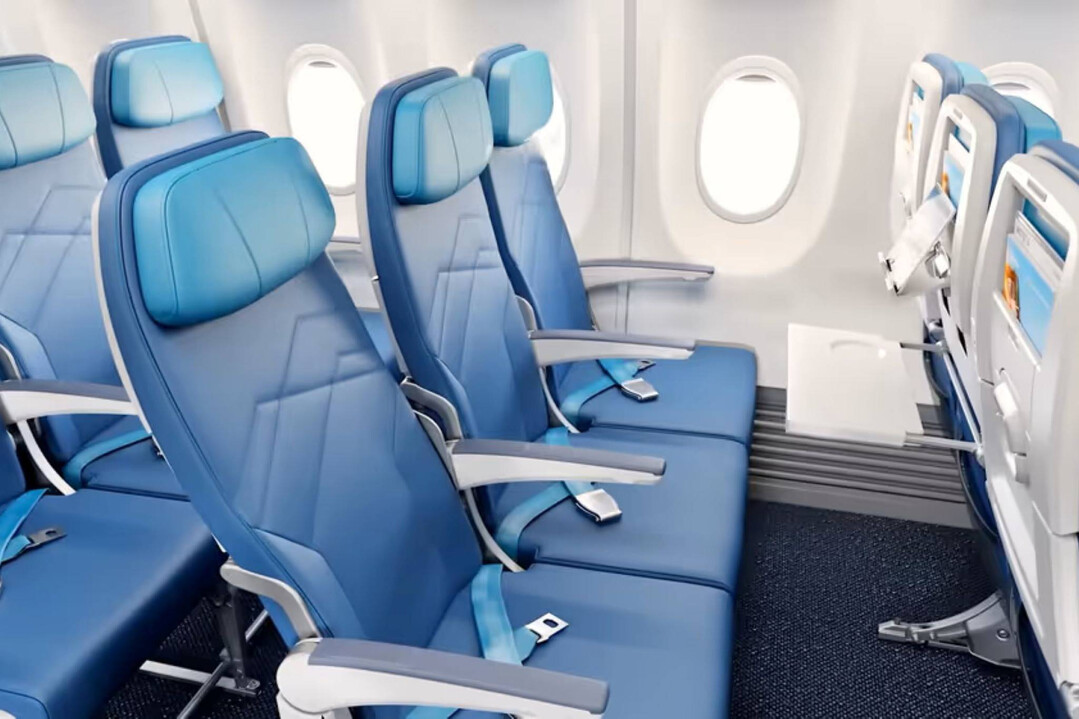
CALGARY, AB—Canadian low-cost carrier (LCC) WestJet has ignited a fierce debate after confirming plans to convert the reclining function on some economy class seats into a paid option. This move, which effectively eliminates a feature long considered standard in air travel, is being widely criticized as yet another strategy by airlines to maximize ancillary revenue.
WestJet announced last week that it is reconfiguring the interiors of 43 narrow-body aircraft, including its Boeing 737-8 MAX and 737-800 fleets. The overhaul will replace the existing economy seating with a new standard: fixed-back seats that do not recline. Reclining capability will be reserved for the upgraded "Extended Comfort" section within economy and the newly introduced premium cabin. The first reconfigured aircraft is slated to begin operations by the end of this month, with the full fleet modification expected to conclude by early next year.
The airline defends the decision by citing customer feedback. A WestJet spokesperson stated, "Through our guest user testing, half indicated they preferred a fixed recline, to avoid feeling impacted by other passengers encroaching upon their space." The company argues that the new configuration, featuring "ultra slim-line seats" and adjustable headrests, will actually help "preserve personal space" and allow for the addition of an extra row of seating, which, in turn, will enable the carrier to offer lower basic fares.
However, many aviation analysts and passengers view the change as a simple cash grab. John Gradek, a faculty lecturer in supply chains and aviation management at McGill University, told news outlets, "Airlines are maximizing profits by monetizing more and more ancillary services... Charging for reclining, which was a basic feature of economy class seats, is creating another class." Critics argue that while the debate over reclining etiquette is real, removing a decades-old standard feature and then selling it back to the customer as an upgrade is a regressive step for air travel quality.
WestJet currently holds the second-largest share of Canada’s aviation market, leveraging a strategy of affordable fares. Its routes include service to 19 U.S. states, Puerto Rico, Washington, D.C., and international destinations in Europe, Asia, Mexico, and the Caribbean. As the first reconfigured planes take flight, the industry will closely monitor whether this controversial unbundling of a basic comfort feature proves to be a successful model for boosting WestJet's bottom line or a public relations misstep that alienates budget-conscious travelers.
[Copyright (c) Global Economic Times. All Rights Reserved.]




























